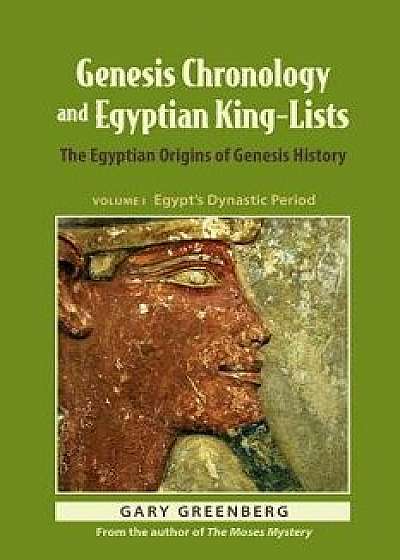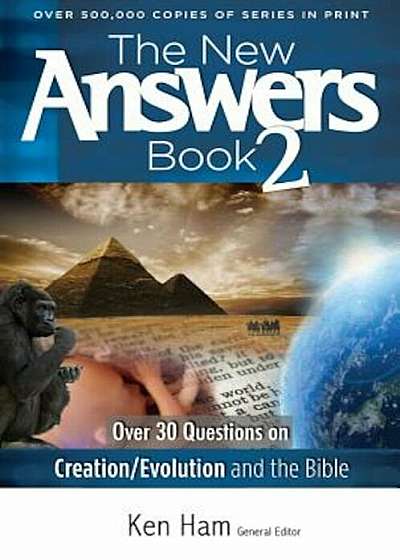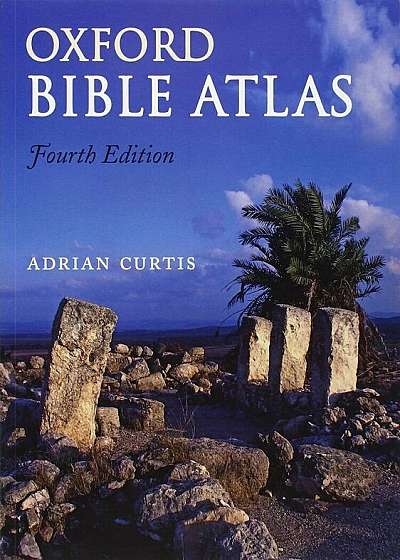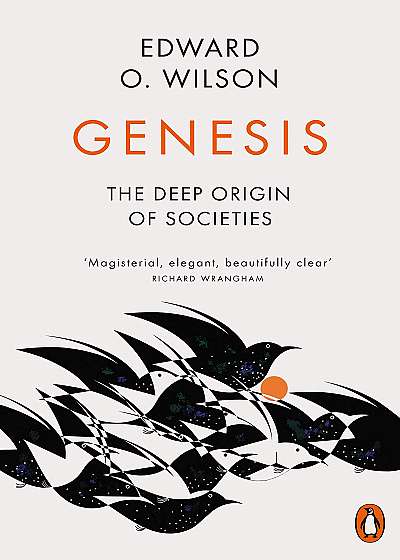
Genesis Chronology and Egyptian King-Lists: The Egyptian Origins of Genesis History, Paperback/Gary Greenberg
Descriere
Description Revealed the hidden links between Genesis chronology and Egyptian history The Book of Genesis contains a 2, 300-year chronology of Patriarchal births and deaths, from Adam to Joseph. Most biblical scholars believe the lists were fictional creations but Gary Greenberg, the author of The Moses Mystery, says the birth and death dates contain a disguised but accurate chronology of Egypt's dynastic history. In this landmark study on Genesis's literary origins, based on a deep and thorough examination of the many problems in establishing an accurate Egyptian chronology, Greenberg makes a compelling case that an alignment of the Genesis birth-death chronology with the High Egyptian Chronology favored by many Egyptologists demonstrates a precise one-to-one relationship between most Genesis birth and death dates and the starting years for Egypt's first eighteen dynasties and many of its most important kings. Some of the surprising discoveries in Genesis Chronology and Egyptian King-lists The patriarch Enoch lived 365 years, a puzzling solar reference from a lunar calendar culture. What very important astronomical and chronological event (utilized by Egyptologists) happened in the year he died? The patriarch Methuselah lived for 969 years, the longest-lived person in the bible. What important Egyptian political period lasted 969 years and ended in the year Methuselah died? The patriarch Eber's birth and death dates coincide with the same years in which two of Egypt's most important and celebrated political events occurred. Find out what they were. The patriarch Peleg's name means "divided." What division occurred in Egypt in the year Peleg died? Which important Egyptian king ascended to the throne in the year Peleg was born? What major political catastrophe befell Egypt in the year Abraham's father died? The patriarch Joseph guided the Pharaoh to unprecedented political power in Egypt. Who was that Pharaoh and what is the chronological and political correlation between







